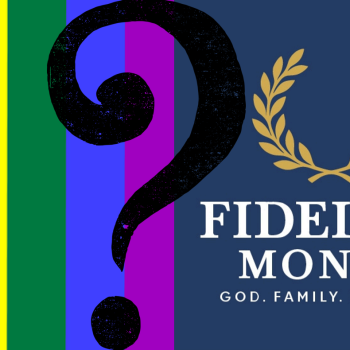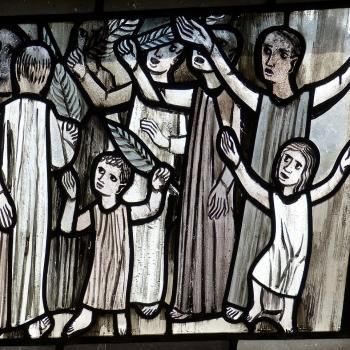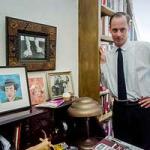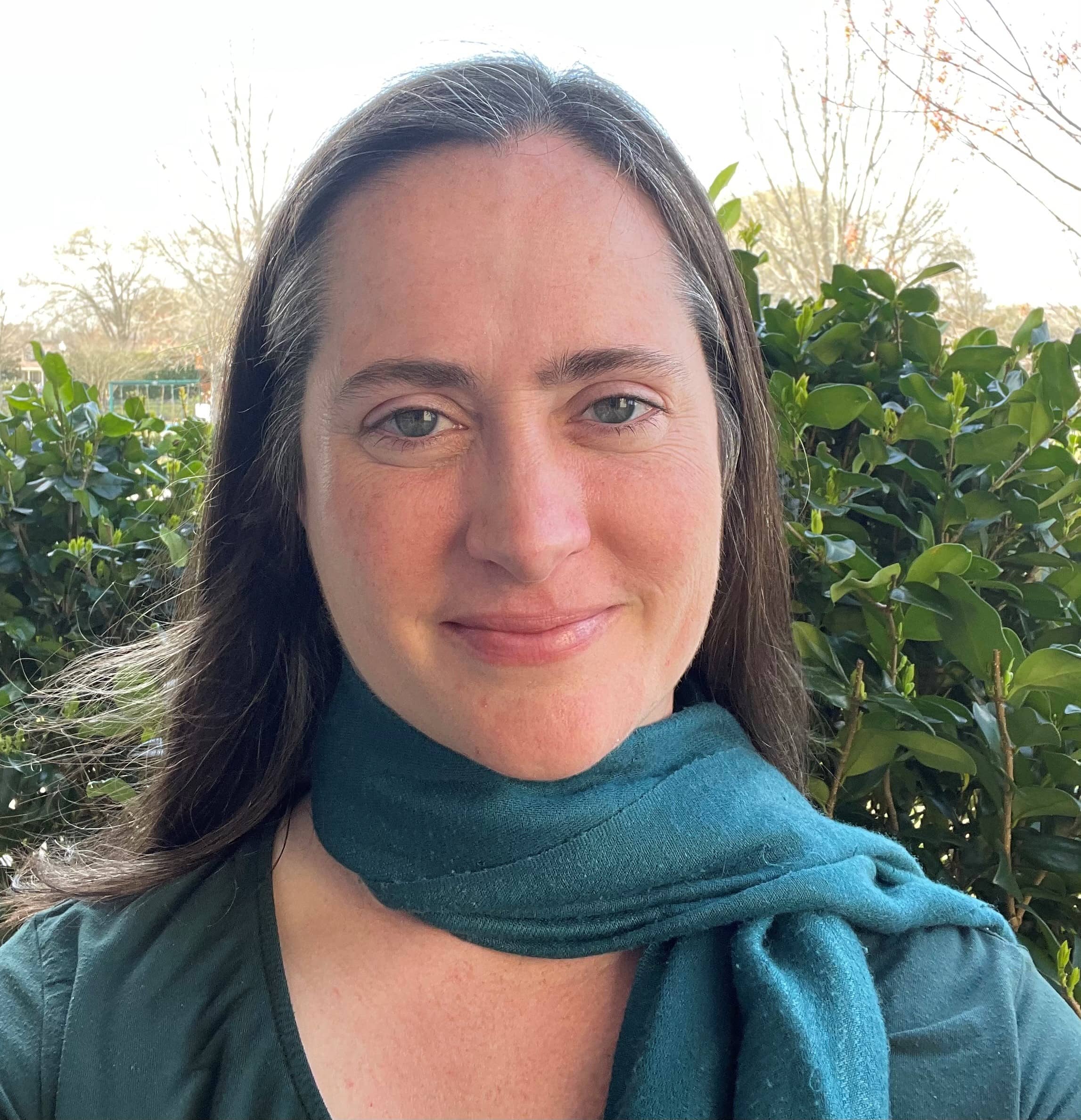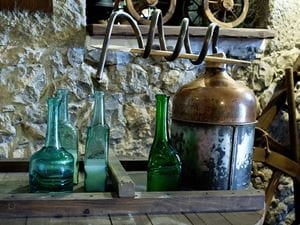
The Alchemists Were Right
The word alchemy conjures up long-robed men surrounded by dried herbs, flickering candles, translucent beakers, and leathery tomes.
All the rumors are true. Aspiring to arcane knowledge and the great power such knowledge could yield, alchemists consulted ancient texts and conducted experiments. Their most prized pursuit was the transmutation of base metals into gold (also known as the finding of the philosopher’s stone), but other popular projects included:
- distilling liquids (morning dew, good beer, human blood, snake venom)
- confecting an elixir of eternal health
- generating artificial life in jars
- grinding mummies’ brains into medicinal powders
Including the 13th century doctors of the Church Thomas Aquinas and Albertus Magnus in the company of alchemists seems incorrect, even sacrilegious. After all, both men vowed themselves to the Dominican order and thus to a life of poverty, chastity, and obedience. Their tonsured skulls and bare feet bore witness to an abdication of worldly power, not its pursuit. Any knowledge they obtained would be for the benefit of the many, not for the profit of the privileged few. And they respected divine law such that they never transgressed the border between faith and magic or attempted grisly research.
And yet, we certainly ought to include them. Aquinas (1225-1274) pondered the putative value of gold that had been produced by alchemy, and he discussed what sort of transmutations would render water unsuitable for baptism. Albertus Magnus (c.1200-1280) was the first European to write about the distillation of alcohol and the very first person to isolate arsenic. A brilliant man interested in everything, Albertus Magnus made and decorated a home for natural studies within Catholicism. He was lauded by contemporaries for his seemingly universal knowledge, much of which he obtained by his own direct scientific inquiry rather than by reliance on others’ accounts.
Both saints acknowledged the holiness of investigating nature and of manipulating nature for humanity’s good. In an age that lacked modernity’s more arbitrary than advantageous but well-guarded borders between fields of knowledge, a person doing physics was also doing metaphysics, and vice versa, and a person working in science was also working in theology.
The juxtaposition of alchemy and saintliness is only puzzling if one has fallen victim to the assumption that the Christian religion frowns upon the pursuit of truth, upon what we think of as science, and upon the use of reason in general.
Aquinas and Albertus were refiners, not inventors, of Christians’ application of reason to all matters, including matters of faith.
Pierre Duhem, a modern intellectual with the temerity to point out that the Enlightenment had no clothes, exploded the stubborn myth of Medievals v. Science:
By showing in great detail and with lucid argument that medieval science had gradually and purposefully given birth to modern science… Duhem’s work helped destroy the illusion of a sudden, unique birth of science in the 17th century…. This polemical view of the “Enlightenment,” always drawing attention to its alleged resurrection of pre-Christian Greek science, has been endlessly and successfully propagated in schools and colleges, while medieval Christian civilization has been ignored or ridiculed as dark, brutal, obscurantist, retrograde, and superstitious.
Neither enemies nor sideshows to science, medieval thinkers were its grandparents. The alchemists were right that everything in nature is linked, as we continually see demonstrated by discoveries such as quantum entanglement or the human body’s interstitium. The universe is neither a random system that cannot be described nor a concatenation of independent systems each playing by its own rules. Reality is a single and interconnected phenomenon, marked by observable transformation and measureable motion. Their understanding of the world as coherent creation made possible and gave rise to science.
The Spirits of Scholasticism
An exercise in analogy: let us conceive of Aquinas not just as an eminent philosopher or careful theologian, but also as an alchemist absorbed in distillation.
To distill a liquid, one heats it at a particular temperature so that a portion will evaporate, leaving the rest behind. These spirits – the essence of the liquid – will condense as a tube guides the vapors away from the heat source. The process can be repeated many times. A distillate is clearer and more intense than the original liquid, and it has new powers. Even in small amounts, whiskey, vodka, and gin can brace, warm, sterilize, heal, intoxicate, and poison.
Thomas Aquinas was seeking a grand synthesis of theology and philosophy, but more than that, he was seeking to distill the knowledge of the world until he had it in its essence. When one reads his question-objection-answer format, it is like observing the ferment-boil-condense cycle. Questions that might seem highly irrelevant or even silly to us were like malted grains for him. Aquinas played with ideas until he had found the most fundamental principles. The process was slow and costly, and one had to be careful not to burn everything away. (In many ways, junior high religion classes work the same way, and wise teachers honor the crazy questions and what-about scenarios posed by their intellectually unspoiled pupils.)
Into the still of his mind, Aquinas added not only Scripture and his Catholic predecessors like John Damascene (7th c.) and Augustine (4th c.), but also the Islamic thinker Avicenna (10th c.), the Sephardic Jewish philosopher Maimonides (12th c.), and the recently rediscovered-by-Europe pagan philomath Aristotle (4th c. BC). Aquinas trusted the process. He was confident that the heat of human reason would boil away impurities and leave him with an exhilarating draught – aqua vitae, the water of life.
And yet, even free of imperfections, all worldly distillates necessarily remain imperfect, and their power limited. Why so? A section of Thomas’ Summa Theologica contemplates happiness as the ultimate end of human life. God is our happiness; as long as our knowledge of God remains incomplete – which it must until we see Him face to face – happiness cannot be fully ours, even if it can be glimpsed in an ecstasy of prayer.
Albertus, Aquinas’ senior, Dominican superior, and university teacher, gave him (and us) this advice:
He who enters into the secret place of his own soul passes beyond himself, and does in very truth ascend to God. Banish, therefore, from your heart the distractions of earth and turn your eyes to spiritual joys, that you may learn at last to repose in the light of the contemplation of God.
Ultimate Endss
Aquinas was only about fifty years old when he died. Many of his contemporaries had disagreed with him heartily – the university and monastic scene was no quiet, homogeneous, and meek world of group-think, but a home to “lively and vigorous debate and disagreement.” Indeed, it would be impossible for even the most Thomistic Thomist to fully agree with Thomas, as he concluded his career with the famous quote, “The end of my labors has come. All that I have written appears to me as much straw after the things that have been revealed to me.”
(A note about the strange workings of the Holy Spirit: If not for the efforts of Albertus, who outlived his student and had occasion to defend him at the Council of Lyon, the works of Aquinas might not have gained the seminal status they hold in Western theology and philosophy.)
What Aquinas meant was not that all his works were vain, but rather that they paled in comparison to the glory of God. If we are to learn from Aquinas, we must keep that thought in mind as a core principle, not as an afterthought. The contemplation and service of so glorious a God is a pearl of great price; to obtain it, these two saints forfeited fortunes and their families’ approval. The revelation of a triune God who loves us beyond what we deserve and wills our eternal beatitude is a gift that frees people to pursue the truth; both the questions and the answers come from God.
And as priests, these mendicant preachers had powers far beyond the reach of even the most skilled alchemist: they could confect the Eucharist by changing the bread and wine into the body, blood, soul, and divinity of Jesus Christ. This miracle, often described in Thomistic terms as Transubstantiation, is not what most alchemists desired – the change is utterly hidden from the senses, but these two men believed in its reality with their whole hearts, minds, and strength. The most important truths were and are beyond the reach of scientific instruments. As stated by the Catechism – which in one sense did not exist until 1992 and in another has existed from the beginning of Christianity – “by the Eucharistic celebration we already unite ourselves with the heavenly liturgy and anticipate eternal life, when God will be all in all.”
Vastly more important than their studies was this moment of communion. If you have time for only one reading beyond his article, consider a hymn of Thomas Aquinas, Pange Lingua, in which he recapitulated the theology of the Eucharist shared not only by Albertus Magnus but indeed all Christians for the preceding millennium.
Strong Medicine: The Legacy of Aquinas and Albertus
Albert the Great’s legacy was complicated by the myths that grew up around his formidable accomplishments and by the manuscripts falsely circulated in his name. Perhaps that is why it took until the 20th century for him to be named a doctor of the Church. The Church today needs Albert and his confidence in the comportment of all knowledge with Christianity – over half of all Americans think that no such synthesis exists.
Aquinas was not formally recognized as a Doctor of the Church until 1568, five years after the conclusion of the Council of Trent and in response to Protestant rejections of major elements of his theology. Ever since, Aquinas has been inter alia a mascot for the Middle Ages. If mascot he must be, let him instead represent the continuity and openness of Christian thought. He would surely be saddened to find himself relied upon so heavily by some while so roundly rejected by others, and he would not understand the popular conviction that faith and science are foes.
We are a society of alchemists with better laboratories, but it doesn’t always go better for us. Explorations done in the name of our own power and glory rather than done in the name of the Most High cannot make the world perfect, but they can certainly make it more complicated.
The terms of inquiry Aquinas bequeathed to us help us navigate complexity Aquinas himself could not have imagined.
- After the global catastrophe that was World War II, Aquinas provided Jacques Maritain with a framework for the United Nations’ 1948 much-lauded but seldom-read Universal Declaration on Human Rights.
- Today, economist and theologian Mary Hirschfeld has applied Thomistic thought on happiness, ethics, and distinctions between ultimate ends to suggest ways to “make the economy better serve the human good.”
- Ethicists of all traditions are building on Aquinas’ methods and conclusions as they navigate the complex strangeness of a world beyond any alchemist’s dream – a world in which we can make human life in test tubes, combine mouse and human DNA, use medicines to extend our lives by decades, grow sapphires in labs, speak to our fellows afloat in a space station, make plastics from the remains of dinosaurs, and create any illusion of our choosing to display the world over for the rest of time.
Let us distill our lives with the fire of the Holy Spirit in imitation of these great doctors of the Church, closely attentive to the world around us, and always in pursuit of Truth.
11/29/2022 10:21:41 PM
